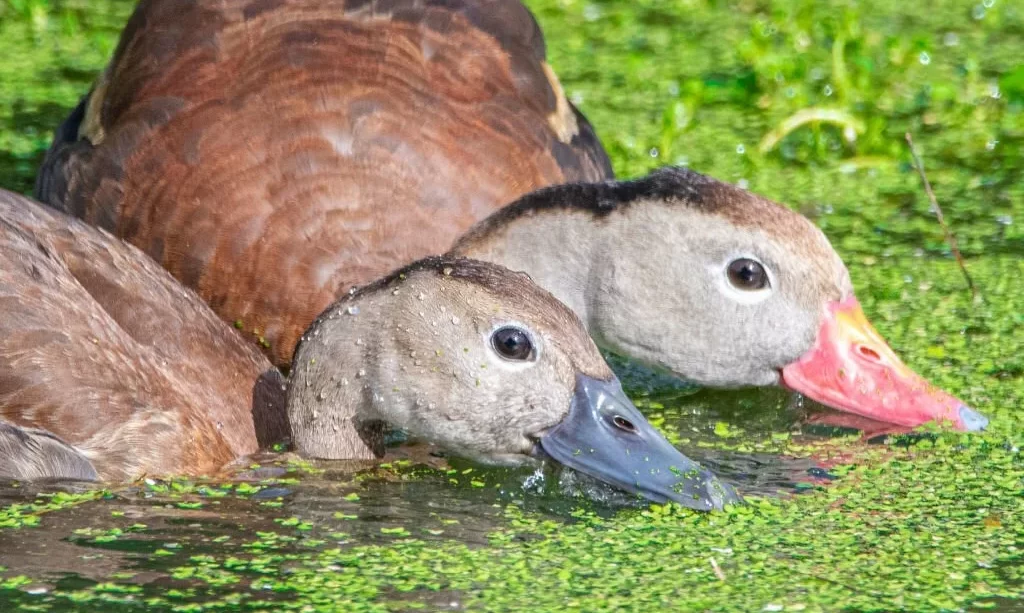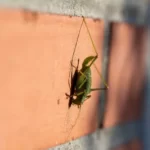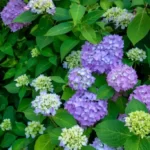Ducks, with their charming waddles and distinctive quacks, are often associated with serene pond settings and marshy habitats. While we enjoy watching these waterfowl, a common question that arises is, “Do ducks eat duckweed?” In this article, we will explore the intriguing relationship between ducks and duckweed. We will delve into the nature of duckweed, its ecological significance, and whether it plays a substantial role in the diet of these aquatic birds. Understanding the dietary habits of ducks and their interaction with duckweed is not only fascinating but also provides valuable insights into the world of waterfowl and the ecosystems they inhabit.
- Natural food for your pets!!!
What is Duckweed?
Duckweed, scientifically known as Lemnaceae, is a family of small, floating aquatic plants that often forms a verdant carpet on the surface of still or slow-moving bodies of water. These tiny plants are renowned for their rapid growth, simplicity, and high reproductive rate. Duckweed consists of minuscule, leaf-like fronds that can multiply quickly under favorable conditions. Their ability to thrive in nutrient-rich waters has made them a notable inhabitant of ponds, lakes, and slow-flowing streams.
Duckweed is ecologically significant for several reasons. It provides essential oxygenation to aquatic environments, offers shelter and a food source for a variety of aquatic organisms, and plays a role in nutrient cycling within ecosystems. As a primary producer, duckweed can influence water quality and the overall health of the aquatic environment in which it grows.
Duckweed as a Part of a Duck’s Diet
Duckweed’s presence on the water’s surface often raises questions about its significance as a food source for ducks. Ducks are omnivorous birds with a diverse diet that includes aquatic plants, insects, small invertebrates, and even small fish. The extent to which duckweed features in a duck’s diet can vary based on several factors, including the duck species, the availability of other food sources, and seasonal influences.
Many duck species are known to consume duckweed as part of their diet, particularly during the breeding season and when other food sources are abundant. Mallards, in particular, have been observed feeding on duckweed, and it can serve as a valuable source of nutrients during this crucial phase of their life cycle. However, duckweed is often just one component of a duck’s diet, and it may not be a staple food source for all duck species.
The presence of duckweed in a duck’s diet can depend on the specific ecological niche the duck occupies. Some ducks are more inclined to forage for submerged aquatic plants or algae, while others, like the Northern Pintail, have a preference for seeds and grains.
In the following sections, we will explore the nutritional value of duckweed, its potential benefits for ducks, and its role as a sustainable food source in various ecosystems.
Nutritional Value of Duckweed
Duckweed, despite its unassuming appearance, offers a surprising nutritional profile. This aquatic plant is a rich source of essential nutrients that can benefit ducks and other waterfowl. Duckweed contains a variety of vitamins and minerals, including vitamin A, vitamin C, calcium, and protein. These nutrients play a vital role in the overall health and well-being of ducks.
Vitamin A, found in duckweed, is essential for maintaining good vision, especially in low-light conditions, which is crucial for ducks in their aquatic habitats. Vitamin C is another important component, contributing to the ducks’ immune system and overall health.
Duckweed is also a valuable source of dietary protein. Protein is vital for ducks, especially during the breeding season, as it supports egg production and chick development. The protein content in duckweed can be an essential dietary component for ducks when other food sources are less abundant.
Additionally, the plant provides essential minerals, including calcium, which is crucial for strong eggshells in breeding ducks. The nutritional richness of duckweed makes it an attractive food source for ducks, particularly during times when their dietary requirements are high.
Duckweed as a Sustainable Food Source for Ducks
Duckweed plays a significant role as a sustainable food source for ducks and other waterfowl. Its rapid growth and ability to thrive in nutrient-rich water bodies ensure that it is readily available for foraging ducks. As a primary producer, duckweed contributes to the health of aquatic ecosystems by helping to maintain water quality through nutrient uptake and oxygen production.
In the wild, duckweed often forms dense colonies on the water’s surface, creating a floating feast for ducks. The accessibility and abundance of duckweed make it a reliable food source for many duck species, particularly during the breeding season when energy demands are high.
Furthermore, the use of duckweed as a supplemental food source for ducks in managed environments, such as ponds or wetlands, can help support the conservation of these waterfowl. Creating habitats where duckweed can flourish ensures a consistent and natural source of food for ducks.
Conclusion
In conclusion, the question of whether ducks eat duckweed is met with an affirmative answer. Duckweed is indeed a part of the diet for many duck species, offering vital nutrients that support their health and reproductive success. While it may not be the sole food source for ducks, it serves as an important component of their omnivorous diet, particularly during certain phases of their life cycle.
Duckweed’s nutritional value, ecological significance, and role as a sustainable food source underscore its importance in the world of waterfowl and aquatic ecosystems. Understanding the relationship between ducks and duckweed provides valuable insights into the intricate web of life in wetland environments and the need to preserve these habitats for the benefit of both ducks and the broader ecosystem.





